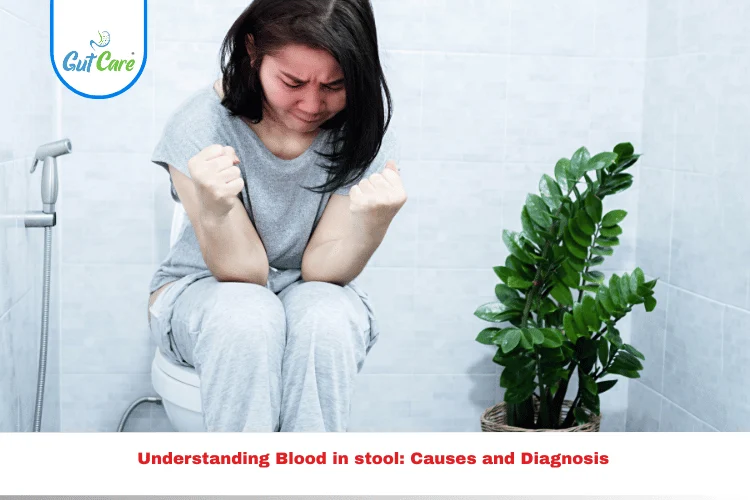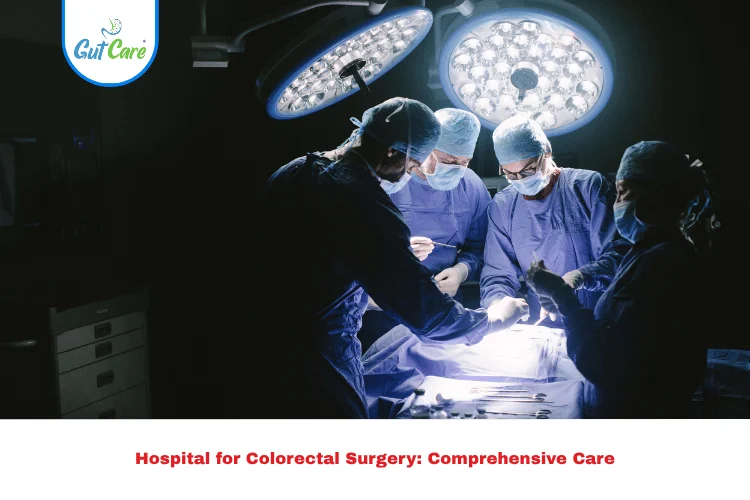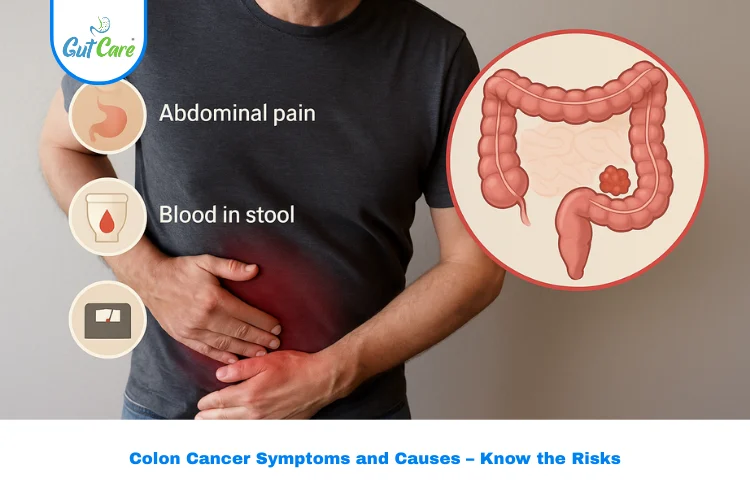Colon cancer, also known as colorectal cancer, is a serious condition that affects the large intestine (colon) and the rectum. Identifying it early can be crucial for effective treatment and improved outcomes. Understanding the early signs of colon cancer can help you seek medical advice sooner and potentially increase your chances of a successful recovery. In this blog, we’ll explore the early signs of colon cancer, discuss risk factors, and explain why early detection is so important.
Understanding Colon Cancer
Colon cancer begins in the cells of the colon or rectum. These cells may start to grow uncontrollably, forming tumors that can spread to other parts of the body. Colon cancer often starts as small, non-cancerous growths called polyps that can become cancerous over time. Early detection and removal of these polyps can prevent the development of colon cancer.

Early Signs of Colon Cancer
1. Changes in Bowel Habits
One of the most common early signs of colon cancer is a noticeable change in bowel habits. This can include persistent diarrhea, constipation, or a change in the consistency of your stool. If you notice that these changes persist for more than a few weeks, it’s important to consult with a healthcare provider. These symptoms could indicate that something is wrong in your colon or rectum.
2. Blood in Stool
Seeing blood in your stool is a concerning sign that should not be ignored. The blood may appear bright red or dark and tarry. This could indicate bleeding within the colon or rectum, which might be a sign of colon cancer. While there are other conditions that can cause blood in the stool, such as hemorrhoids or gastrointestinal bleeding, it’s crucial to get evaluated to rule out colon cancer.
3. Abdominal Discomfort
Persistent abdominal pain or discomfort can also be an early sign of colon cancer. This might manifest as cramping, bloating, or a feeling of fullness. If you experience abdominal pain that doesn’t go away or gets worse over time, it may be a signal that something is wrong with your colon.
4. Unexplained Weight Loss
Unexplained weight loss can be a red flag for colon cancer. If you’re losing weight without trying, it could be due to the body’s response to cancer. Colon cancer can affect your appetite and cause changes in metabolism, leading to weight loss. If you experience significant weight loss along with other symptoms, seek medical advice promptly.
5. Persistent Fatigue
Feeling unusually tired or weak, despite adequate rest, can be an early sign of colon cancer. Cancer-related fatigue is different from regular tiredness; it doesn’t improve with rest and can affect your daily activities. If you find yourself feeling exhausted all the time and other symptoms of colon cancer are present, consult with your doctor.
6. Narrowing of the Stool
Another sign of colon cancer is a change in the shape of your stool. If your stool becomes narrower than usual, it could be due to a blockage or narrowing of the colon, which can be caused by a tumor. While other conditions can cause changes in stool shape, it’s important to get checked if you notice this symptom persistently.
7. Feeling that the Bowel Is Not Empty
A sensation of incomplete bowel evacuation, even after a bowel movement, can be an early indication of colon cancer. This feeling can be caused by a tumor obstructing the normal passage of stool through the colon. If this sensation persists and is accompanied by other symptoms, seek medical evaluation.
Risk Factors for Colon Cancer
While experiencing one or more of these symptoms doesn’t necessarily mean you have colon cancer, understanding the risk factors can help you assess your likelihood of developing the disease. Common risk factors include:
- Age: Colon cancer risk increases with age, particularly after 50.
- Family History: Having a family history of colon cancer or certain genetic conditions can increase your risk.
- Personal History: A history of polyps or inflammatory bowel disease (IBD) can elevate your risk.
- Lifestyle Factors: Poor diet, lack of physical activity, smoking, and excessive alcohol consumption can contribute to a higher risk of colon cancer.
Importance of Early Detection
Early detection of colon cancer can significantly improve the chances of successful treatment and recovery. Colon cancer often grows slowly, so routine screening can help identify the disease before symptoms appear. Screening methods, such as colonoscopy, allow doctors to detect and remove polyps before they turn cancerous.
When to See a Doctor
If you experience any of the symptoms mentioned above, or if you have a family history of colon cancer or other risk factors, it’s important to consult with a healthcare provider. Early evaluation can lead to early diagnosis and more effective treatment options. Don’t wait for symptoms to worsen—schedule a visit with your doctor to discuss your concerns and explore screening options.
Conclusion
Understanding and recognizing the early signs of colon cancer is crucial for timely intervention and effective treatment. Changes in bowel habits, blood in stool, abdominal discomfort, unexplained weight loss, persistent fatigue, narrowing of the stool, and the feeling of incomplete bowel evacuation can all be warning signs. Regular screenings and being aware of risk factors can help you stay ahead of the disease. If you have any concerns or symptoms, don’t hesitate to seek medical advice. Early detection can save lives, and your health is worth the effort.
For further support, visit Gutcare Hospital in Bangalore, where you can find more resources and personalized care options.




